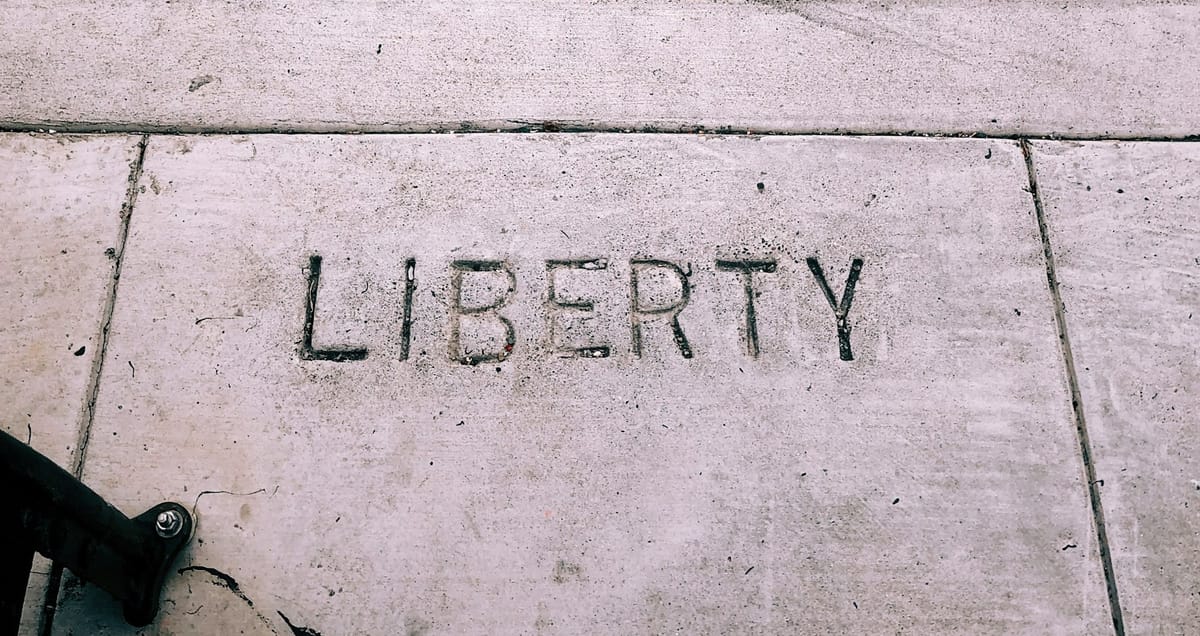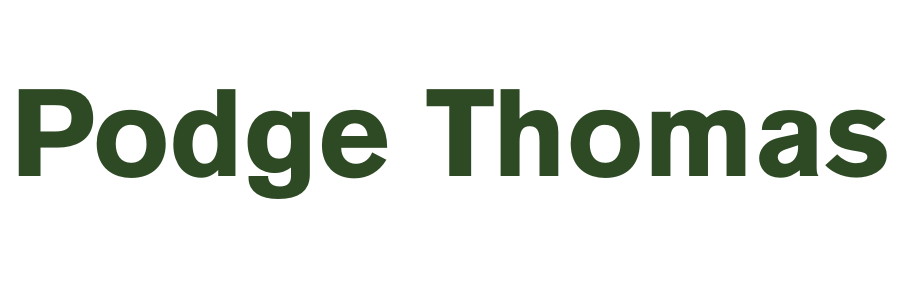The Tenets of Reclaiming Adult Learning: A Manifesto for Educational Sovereignty

We Are Taking Back What Was Always Ours
Adult learning has become a privilege instead of a right. Out of necessity, we are so over-occupied by life's demands - raising kids, working multiple jobs, caring for the home - that we have little time to learn, explore, daydream and create.
Between late-stage capitalism, the rise of the algorithm and a colonial hangover, we're locked out, distracted and overworked. But here's what they don't want us to remember: our curiosity, our capacity for deep thinking, our right to follow our intellectual threads - these have always belonged to us.
The Moment of Reclamation Is Now
Our government cozies up to tech giants who bow to dangerous leadership for profit, not progress. Social media algorithms fragment our attention by design. But we're not powerless in this dynamic.
We're choosing something different.
We Are Remembering Our Sovereignty
Across the country, people are reclaiming their relationship to learning. Creative entrepreneurs who struggled in traditional classrooms are discovering they're not broken, they simply need approaches that honour how their minds actually work. Adults who thought their curiosity died with their last diploma are rediscovering the thrill of following their own questions.
We're remembering that learning isn't something institutions do to us. It's something we do for ourselves, with intention, community and joy.
These Tenets Come From You
I didn't create these principles in a vacuum. They emerged from years of working with creative entrepreneurs, coaches and consultants who came to me drowning in operational chaos. Their businesses were successful, but their systems were scattered. They couldn't stay organized, couldn't build processes that stuck, couldn't create the operational foundation their work needed and deserved.
I thought I was helping them with tech and systems. But over time, I started noticing patterns.
The Dots Connected Themselves
Most of my clients were neurodiverse. Many were queer, BIPOC, or both. And as we worked together, the same stories kept surfacing - stories of being told they were "disorganized" or "unfocused" in school. Stories of teachers who overlooked their unique blend of intelligence because it didn't fit the mold. Stories of surviving educational environments that weren't designed for minds like theirs or cultural contexts like theirs.
Their current business overwhelm wasn't a character flaw. It was educational trauma showing up decades later in spreadsheets and project management tools that felt impossible to maintain.
That's when I realised: we weren't just building better systems. We were healing the wounds left by learning environments that never saw them clearly in the first place.
For Those Ready to Reclaim
This manifesto is for you if you've ever felt like traditional education missed something essential about who you are as a learner. If you're tired of forcing yourself into other people's productivity templates. If you're ready to trust that your brain - with all its unique wiring - is perfectly designed for learning.
It's for those who understand that reclaiming our learning sovereignty isn't just about personal growth. It's an act of resistance against systems designed to keep us scattered, overwhelmed and dependent on someone else's version of success.
Here are the three tenets that emerged from this work - principles for reclaiming what was always yours.
Tenet #1 | Access to Knowledge is a Right, Not a Privilege
When I talk about decolonizing knowledge and traditional education, this is what I'm talking about. There is a history in the west of wealthy white men gating information, knowledge and education because it's one of the ways they maintain power, wealth and privilege. This puts those of us who don't belong in that category at a disadvantage when it comes to earning potential and access to resources and opportunities.
This isn't right. Access to knowledge is a human right not a privilege only for those who can afford it.
What This Means in Practice
You don't need permission to learn what interests you. You don't need credentials to explore ideas that captivate you. You don't need to wait for someone else to create the "perfect" course or program before you start following your curiosity.
The internet, libraries, communities of practice - these are tools of liberation if we choose to use them that way. The same technology being used to distract and overwhelm us can become our pathway to intellectual freedom.
Tenet #2 | Prioritize Depth Over Breadth
In a world designed to scatter our attention, choosing depth becomes a radical act.
"Social media is a giant machine for getting you to spend your time caring about the wrong things, but for the same reason, it's also a machine for getting you to care about too many things, even if they're each indisputably worthwhile." - Oliver Burkeman, Four Thousand Weeks
It's not that scrolling social media doesn't keep us informed. It's not that we wish to be ignorant or unwilling to witness what's happening in the world.
It's that it's a giant distraction from whatever is actually important to us. It's a time-suck that isn't time well spent. It's likely covering up a deeper need that we can't uncover because we're too distracted. It keeps us from that thrilling and deeply intimate experience that comes from learning, connecting ideas, and sharing them with others.
As Olga Koutseridi writes, "similar to junk food, low-quality info is designed to leave us craving more instead of leaving us feeling satisfied."
What This Means in Practice
Choose one thing to go deep on rather than skimming the surface of everything. Follow one intellectual thread until you reach something that surprises you. Give yourself permission to become fascinated by something not in the current zeitgeist.
The goal isn't to know everything. The goal is to know something so well that you can see connections others miss, ask questions that matter and contribute something meaningful to the conversation.
Tenet #3 | How We Learn is Sovereign, Not Prescriptive
The classroom model - one person talks while everyone else listens - works beautifully for some people. For others, it's a nightmare masquerading as education.
Just as quality traditional education is gated, how we are taught has also been decided by white men. For many neurodivergent people, disabled people, BIPOC, and queer folks, the classroom can be daunting at best and scarring at worst. We were told to sit still, listen quietly, and absorb information in a way that felt foreign to how our minds actually work.
But here's what they never told us: there was never anything wrong with how we learn.
What This Means in Practice
As post-education adults, we are no longer beholden to enter such environments. We can heal and breathe easy knowing we get to have sovereignty over how, with whom, and from whom we learn.
Maybe you learn better by doing than by listening. Maybe you need to move your body while you think. Maybe you understand concepts through stories rather than abstract principles. Maybe you need silence, or music, or the background hum of a coffee shop.
Your learning style isn't a limitation to overcome - it's intelligence expressing itself in its most natural form. Honour it.
Where Do You Begin?
These three tenets might feel revolutionary, but implementing them doesn't require a complete life overhaul. Start small, start curiou, and start with what calls to you most.
If Tenet #1 Resonates: Access to Knowledge
Pick one thing you've been curious about but thought you "weren't qualified" to explore. Spend 30 minutes this week following that thread - not to become an expert, but to remember what genuine curiosity feels like.
If Tenet #2 Resonates: Depth Over Breadth
Choose one learning project for the next month. One book, one skill, one question you want to explore deeply. Every time you feel the urge to jump to something else, gently redirect yourself back to your chosen focus.
If Tenet #3 Resonates: Learning Sovereignty
Audit how you currently try to learn new things. Do you automatically default to sitting through videos even though you learn better by reading? Do you force yourself to take notes in a certain way because that's what you were taught? Give yourself permission to experiment with one small change.
What You Don't Need to Get Started
You don't need a perfect plan. You don't need expensive courses. You don't need to fix all your learning habits at once. You just need to choose one small act of reclamation and begin.
This Is About More Than Learning
When we reclaim our right to learn on our own terms, we're doing something much bigger than improving our productivity or building better business systems. We're healing wounds that were never ours to carry. We're refusing to let someone else's narrow definition of intelligence define our possibilities.
The Complexity and the Hope
Yes, the forces working against our intellectual freedom are powerful. Tech algorithms profit from our scattered attention. Educational institutions weren't designed for minds like ours. The demands of adult life can feel overwhelming.
But here's what they underestimated: our capacity to remember who we were before they told us who we should be.
Your Curiosity Was Never Broken
Every time you choose depth over distraction, you're casting a vote for the world you want to live in. Every time you honour how you actually learn instead of how you think you should learn, you're modeling what's possible for others who feel broken by traditional systems.
Every time you follow a question that captivates you - not because it will make you money or impress anyone, but because it makes you come alive - you're participating in the quiet revolution of intellectual sovereignty.
Your learning belongs to you. It always has.




